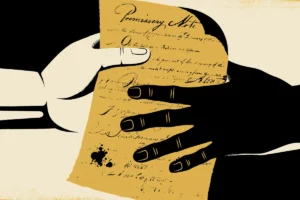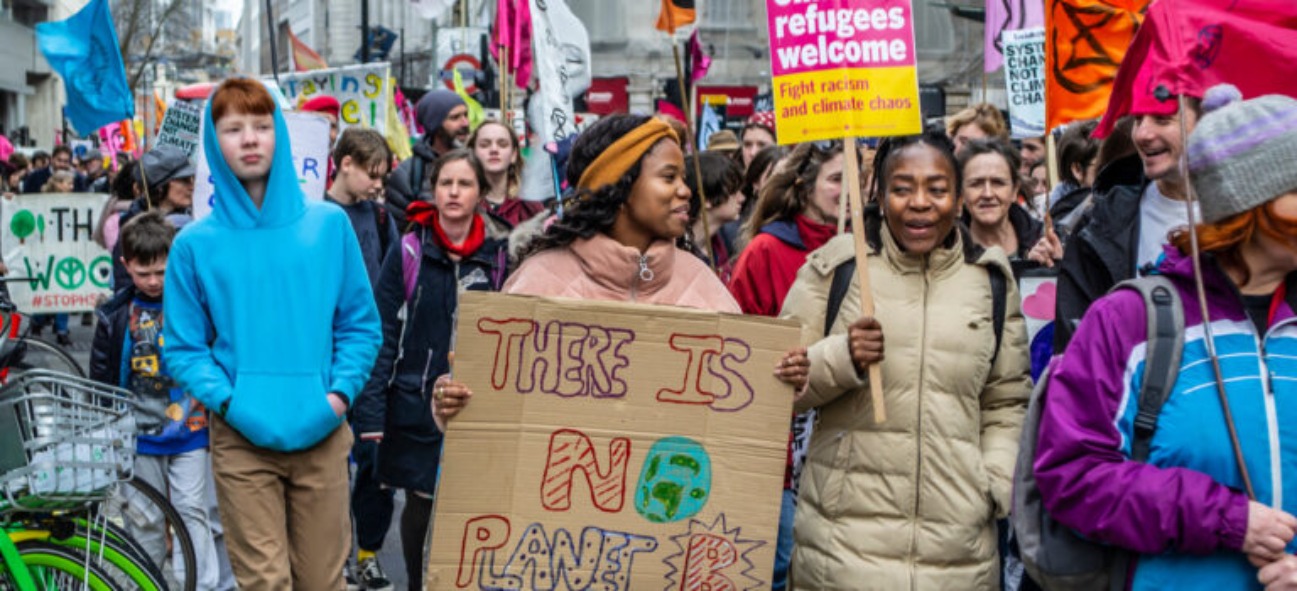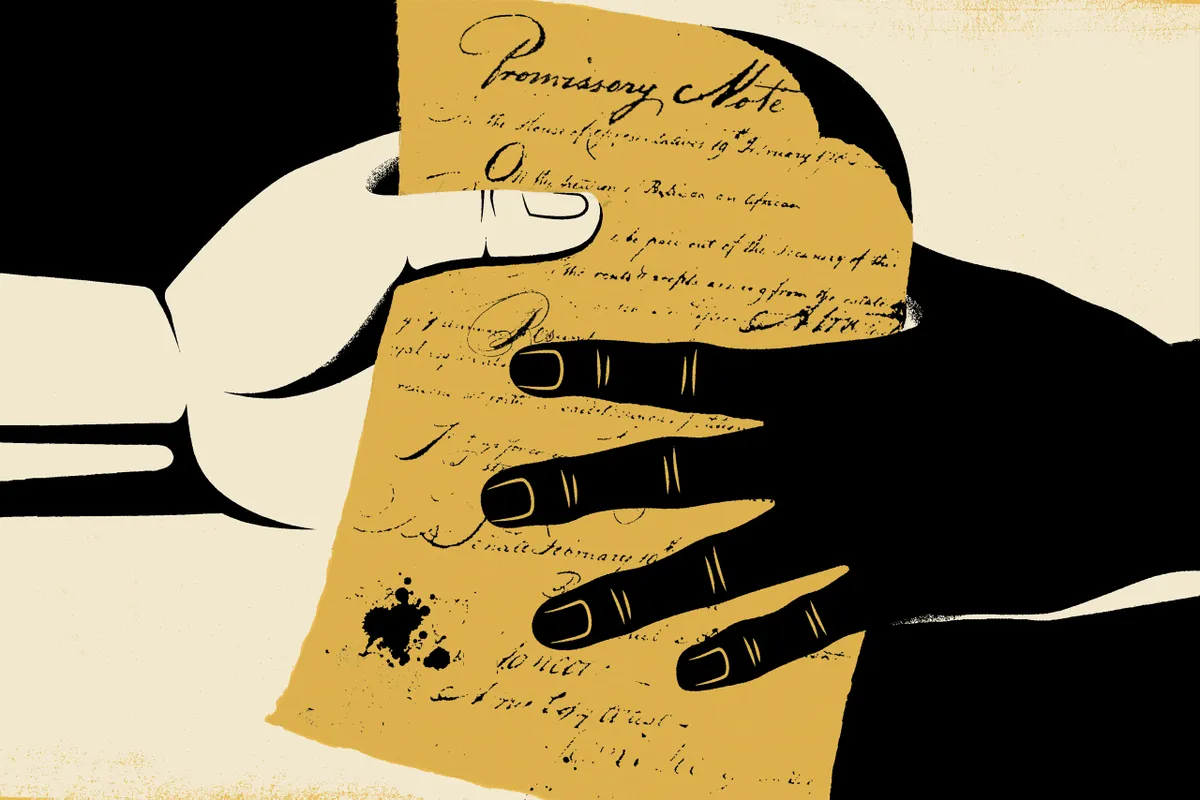Reparations Still Needed for Centuries of Chattel Slavery, Ongoing Systemic Racism
By: Morgan Hollie, Staff Researcher at Diaspora Rising

Across the British Empire, slaveholders were paid ransom to formally end slavery, while those who experienced the trauma of chattel slavery were left to fend for themselves in hostile colonial environments which institutionalized white supremacist racial hierarchy in the colonies. In the aftermath of the Haitian Revolution, the Haitian Republic was forced to pay France reparations for losses incurred after enslaved Africans liberated themselves from bondage. However, at no point in history have the African people held captive by slaveholders across the Americas been compensated for their labor, nor have their descendants who must now bear the racist legacies of slavery which survived abolition. Today, the descendants of the African peoples whose minds and hands built societies in the Americas are demanding truth-telling and reparative justice for centuries of slavery, colonial abuse and dispossession, and ongoing systemic racial discrimination. Communities in the United States have issued calls for local reparations schemes, while US bill H.R. 40 to establish a commission for proposals for reparatory justice has gained increased support amongst the US populace. Caribbean states have long called for justice and repair for centuries of enslavement and colonial rule. The descendants of enslaved peoples in the Americas continue to face barriers to social and economic integration and wellbeing across contexts, and have issued calls for reparations for centuries. Now, it is imperative that former colonial slaveholding states and international organizations recognize the responsibility to heed their calls.
The descendants of enslaved people across the African diaspora have called for reparatory justice for the crimes of slavery since emancipation. Scholars and leaders like Eric Williams and Walter Rodney have highlighted how Western Europe and the capitalist system developed through forced labor and colonial dispossession of African bodies and lands. The Rastafarian community, the Quilombos of Brazil, and civil society organizations across the global Black diaspora have long emphasized the need for reparations for chattel slavery, cultural imperialism and colonial dominance and dispossession. More recently, in 2013, the Caribbean Community (CARICOM) established a ten-point plan for the delivery of reparatory justice and filed a lawsuit at the International Court of Justice against the United Kingdom, France, and the Netherlands for centuries of slavery and colonial rule. CARICOM reignited its 2013 campaign in June 2020, once again calling on European former slave-holding states to issue redress.
In the United States, activists and legislators have pushed for the passage of H.R. 40, a bill to study the full extent of the impacts of slavery and anti-Black racism in the United States for more than 30 years. The Bill, first introduced in 1989, will establish a commission to investigate the extent of the damage done by American chattel slavery and systemic racism, and propose reparative measures to be taken at the federal level. The bill enjoys support from a number of prominent US legislators, but has yet to be put to a vote. Hundreds of civil society organizations have signed on to urge legislators to put the much-needed bill to a vote. Legislators say that the bill has the support it needs to pass the House of Representatives and take the next steps for President Biden to sign the bill into law though an executive order. However, a House vote has yet to be scheduled.
However beyond the Federal government level, US states and communities are considering the need to enact justice and repair at the local level. In the Chicago suburb of Evanston, officials established a City Council Subcommittee on Reparations, which agreed to disburse $10 million over ten years to the city’s black residents . Evanston selected 16 residents to receive $25,000 housing vouchers for down payments on homes, home repairs, or debt settlement in January 2022 as a part of its Restorative Housing Program. The first 16 are part of a group of 122 Evanston “Ancestors,” persons of African descent who were residents of Evanston between 1919 and 1969, during which time the city supported efforts to segregate Evanston. Detroit is poised to initiate a reparations task force of its own, after 80% of Detroit residents voted in November 2021 to approve a proposal to “establish a Reparations Task Force to make recommendations for housing and economic development that address historical discrimination against the Black community in Detroit..” Detroit’s model will appoint a panel of expert commissioners who will recommend reparatory justice efforts to the Detroit City Council, who will ultimately be the deciding voice on any municipal-level reparatory justice efforts. The Task Force is still in the process of nominating commissioners. In a similar effort, California became the first US state to found a Reparations Task Force in 2020 through the passage of state Assembly Bill 3121. The group will consider strategies for issuing reparations for African-Americans in California, and is scheduled to vote on eligibility requirements for reparations in March 2022.
While the CARICOM and US-based reparations movements have particular regional and national nuances, they both speak to the urgent need for reparative justice for the descendants of enslaved people. Regardless of national or regional identity, Black people around the world deserve justice for the centuries of abuse and dispossession of their ancestors as well as the crimes of global white supremacy and anti-Black discrimination that persist in the present day.
The sins of the past have long reaches into the present. Some states have argued that it is impossible to atone for crimes committed more than a century ago, and that the descendants of the enslaved should “move on.” However, just as persons of African descent must continue to bear the brunt of the legacy of slavery in the form of institutional racism more than a century after abolition, Western states whose wealth is predicated on the exploitation of slave labor and colonial domination must be compelled to take responsibility for the spectres of slavery and colonial rule which haunt the present day.



